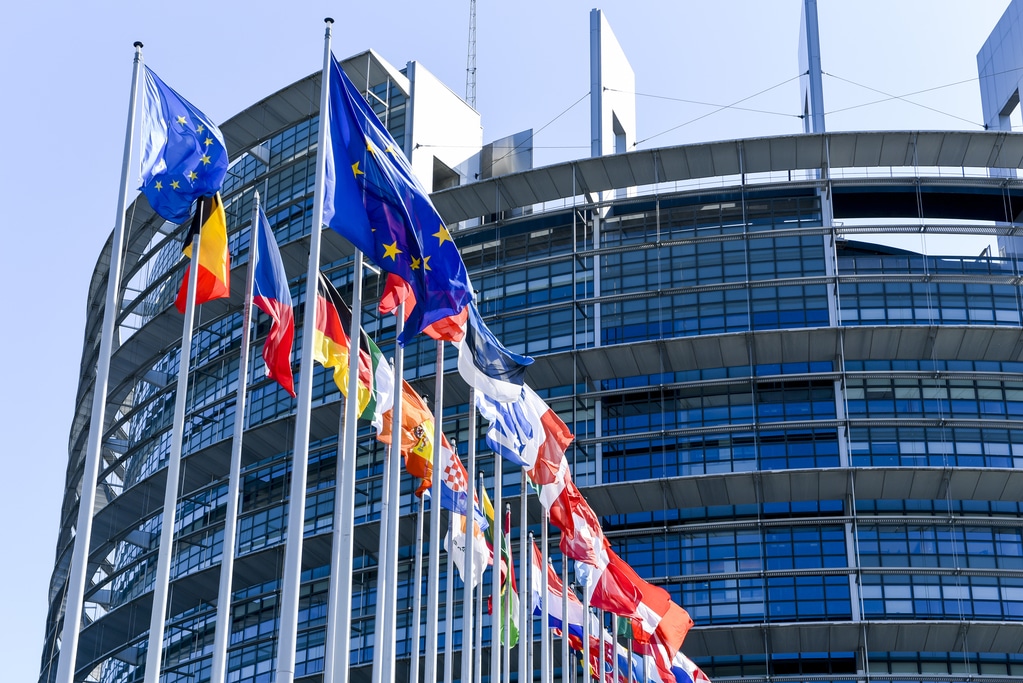Ambassadors were briefed by UN Special Envoy Hans Grundberg, who reported on his ongoing engagement with representatives from the internationally-recognized Government, which is backed by a Saudi-led coalition, and opposing Houthi rebels, as well as regional and international actors.
Mr. Grundberg said he was encouraged by the positive and detailed discussions, noting that all interlocutors displayed willingness to constructively engage on the way forward.
Hopes for an agreement
“There is clear determination on all sides to make progress towards a deal on humanitarian and economic measures, a permanent ceasefire and the resumption of a Yemeni-led political process under UN auspices,” he said.
“While progress is being made, there are still issues that require further discussion. With sustained determination from the Yemeni parties, supported by a coherent and coordinated regional and international community, I believe that the outstanding issues can be resolved and that the parties will be able to commit themselves to an agreement,” he added.
Expired truce still delivers
Meanwhile, the landmark April 2022 truce that expired seven months ago continues to deliver benefits for Yemen’s people, as evidenced by commercial flights to and from the capital, Sana’a, and the entry of fuel and other commercial ships via the Hudaydah port.
Mr. Grundberg said although sporadic military incidents continue to occur, hostility levels are significantly lower than before the truce.
“But the fragility of the military situation, the dire state of the economy and the daily challenges facing the Yemeni people, provide us with constant reminders of why a more comprehensive agreement between the parties is so vital,” he stressed.
The Al Gahmalyya neighbourhood in Taiz City, Yemen, has been severely damaged as a result of years of conflict.
Violence and economic woes
He said there are continuing reports of violence across frontlines, particularly in Al Jawf, Ta’iz, Ma’rib and Sa’ada governorates, which highlight the fragility, and underscore the need for a formal ceasefire.
The envoy also expressed concern over the deteriorating economic situation in Yemen and restrictions on freedom of movement.
He said the Government is straining to meet its obligations to its own citizens, due to an inability to export oil, which accounted for more than half of all revenues last year. Additionally, inconsistent financial and economic policies in different areas of the country have hit both citizens and businesses hard.
He warned that lack of cooperation between the parties on critical monetary and financial issues means these challenges will worsen and potentially become more entrenched.
‘Cautious optimism’
“Despite these profound challenges, there is room for cautious optimism,” Mr. Grundberg told the Council. He pointed to recent positive steps by the parties, such as the release of hundreds of conflicted-related detainees and urged the sides to continue these efforts.
The Special Envoy was adamant that Yemen’s myriad challenges cannot be addressed through partial or temporary solutions, underlining the importance of an inclusive Yemeni-led political process under UN auspices.
“Only an inclusive and comprehensive political process can sustainably forge a new political partnership and bring the promise of a secure and economically stable future, in which State institutions function effectively and Yemen returns to peaceful relations with its neighbours,” he said.
Hopes for peace
The Council also received an update on the humanitarian situation in the country, where millions lack access to basic services.
“There are many hopes hinging on what is happening in Yemen. Hope that, at long last, there could be an end to this terrible war, and for a sustainable peace agreement,” said Edem Wosornu, Director of the Operations and Advocacy Division at the UN’s humanitarian affairs office, OCHA.
So far this year, aid workers have reached more than 11 people each month with food and other lifesaving assistance, she said. However, they continue to be hampered by access constraints and a lack of funding.
Women humanitarians affected
Ms. Wosornu reported that “chronic access impediments” primarily occur in areas controlled by the Houthi de facto authorities.
“In particular, the ongoing restrictions on the movement of Yemeni female aid workers have severely disrupted the ability of agencies to operate and to reach those in need, particularly women and girls,” she said.
Regarding funding, she warned that the shortfall is increasingly threatening the ability to provide lifesaving and livelihoods assistance.
Humanitarians are seeking $4.3 billion this year to reach more than 17 million in Yemen. Despite the generosity of many donors, around 80 per cent of the appeal remains unfunded.
“Economic times are hard, but we must once again urge donors to do what they can to fund the Yemen appeal,” she insisted.














